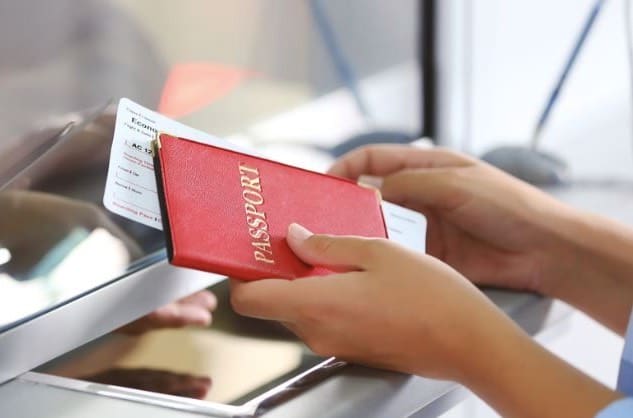ETIAS travel authorization? Recent data from TripIt showed that nearly one-third of Americans are headed to Europe for Memorial Day weekend—and that’s just the start of the summer travel season. Indeed, as the pandemic wanes, more and more people are returning to Europe for personal and business trips alike.
But soon there will be a new requirement for those planning trips to Europe. Starting next year, many non-European citizens, including Americans, will need to apply for and receive approval for a visa waiver—i.e., an ETIAS travel authorization—in order to visit.
Haven’t heard of ETIAS travel authorization, or feel unsure about the process for applying for one? Not to worry! You can find all the need-to-know details, below.
What is ETIAS?
The European Travel Information and Authorization System, or ETIAS, is a visa waiver program created by the European Union (EU). The program was created with the goal of protecting the Schengen Area—i.e., the 27 European countries that have adopted a common visa policy and eliminated the need for passport or border control among them—from visitors arriving from outside the region. By requiring visitors to register, the EU will be able to better identify any possible threats or risks associated with travelers coming into the area.
By the start of 2023, all visitors—i.e., tourists and business travelers—who do not need a visa to enter Europe will need to apply for an ETIAS travel authorization. An exact effective date has not yet been announced.
What is an ETIAS travel authorization?
The ETIAS travel authorization is a visa waiver, similar to the U.S. Electronic System for Travel Authorization (ESTA) visa waiver. All eligible visitors (i.e., those who do not need a visa) will be expected to present an approved ETIAS when traveling to any of the Schengen Area countries.
Approved ETIAS visa waivers will be valid for three years, and will allow people to enter the Schengen Area for periods of up to 90 days within any 180-day period.
How do I apply for an ETIAS travel authorization?
To apply for an ETIAS travel authorization, you must have a valid passport, internet access, and the financial means to pay for the fee.

The cost of an ETIAS has not yet been announced (but you can check back here when it is). Travelers will be required to pay for the cost of ETIAS when they complete their online application form.
In addition to a fee, travelers will be required to provide their personal information answer questions about the country they intend to enter and public health risks, disclose any criminal history, as well as provide information as to whether they’ve previously been refused entry or been ordered to leave a member state.
Applications should take approximately 10 minutes to complete, and most applicants will receive their authorization in a matter of minutes.
What countries will I need an ETIAS travel authorization to enter?
You will need an ETIAS to visit any member country of Europe’s Schengen Area.
Currently, that includes Austria, Belgium, Czech Republic, Denmark, Estonia, Finland, France, Germany, Greece, Hungary, Iceland, Italy, Latvia, Liechtenstein, Lithuania, Luxembourg, Malta, Netherlands, Norway, Poland, Portugal, Slovakia, Slovenia, Spain, Sweden, and Switzerland, as well as the microstates of San Marino, Vatican City, and Monaco.
At the time of publication, Romania, Bulgaria, Croatia, and Cyprus are in the process of joining the Schengen Area. Once they’re approved, travelers will be required to have an ETIAS travel authorization to visit those countries, as well.
The post Planning to Visit Europe in 2023? You Might Need an ETIAS Travel Authorization appeared first on TripIt Blog. For more on travel.


